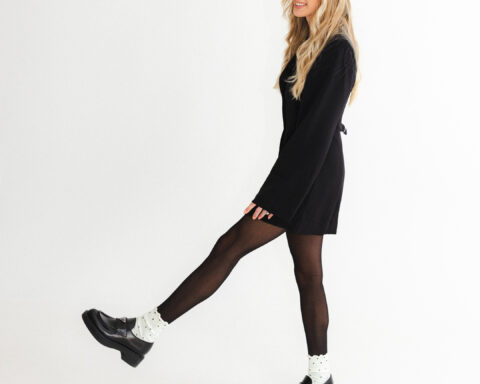On Friday, workers at a Mercedes-Benz factory in Alabama cast votes in a pivotal election that could significantly impact the United Auto Workers’ (UAW) influence in the traditionally anti-union South. The outcome will determine if the UAW can sustain its recent organizing successes in the region.
UAW Recent Victories and Challenges:
The UAW has recently achieved notable victories, including an overwhelming win at a Volkswagen plant in Chattanooga, Tennessee, and a lucrative new contract at six Daimler Truck facilities across the South. A victory at Mercedes would mark the UAW’s second successful organization of a foreign-owned automaker in the Southern U.S.
Historically, the South has been resistant to unionization. Volkswagen workers previously rejected the UAW twice before last month’s success. Similarly, Nissan workers in Mississippi and Amazon warehouse employees in Alabama voted against unionizing in 2017 and 2021, respectively.
Implications of a Union Victory:
A win at the Mercedes plant would greatly enhance the UAW’s momentum for future organizing campaigns. Harley Shaiken, a labor professor at UC Berkeley, emphasized that such a victory would significantly boost the union’s efforts across the South.
The election, overseen by the U.S. National Labor Relations Board, involves more than 5,000 eligible workers from both an SUV assembly plant and a nearby electric-vehicle battery plant. Voting began on Monday, with results expected around 1 p.m. EDT (1700 GMT) on Friday.
Company and Political Opposition:
Mercedes-Benz has actively campaigned against the union, with signs urging a “no” vote and anti-union firms engaging with workers about the risks of unionization. Despite these efforts, the company maintains that it respects employee unionizing efforts and is committed to a fair voting process.
Political opposition has also been strong. Six U.S. governors, including Alabama’s Kay Ivey, signed a letter urging workers to reject the UAW, arguing that unionization would hinder the auto industry’s growth in the South.
The election is anticipated to be closely contested. Pro-UAW employee Kay Finklea noted the company’s effective anti-union messaging but remains optimistic about a narrow victory. She acknowledged the challenges but believes a close win is still within reach.
Broader UAW Organizing Goals:
Securing a win at Mercedes is crucial for UAW President Shawn Fain’s ambitious $40 million campaign to organize over a dozen automakers nationwide, including Toyota and Tesla. A victory would not only bolster the union’s ranks but also strengthen its position in the American auto industry.

